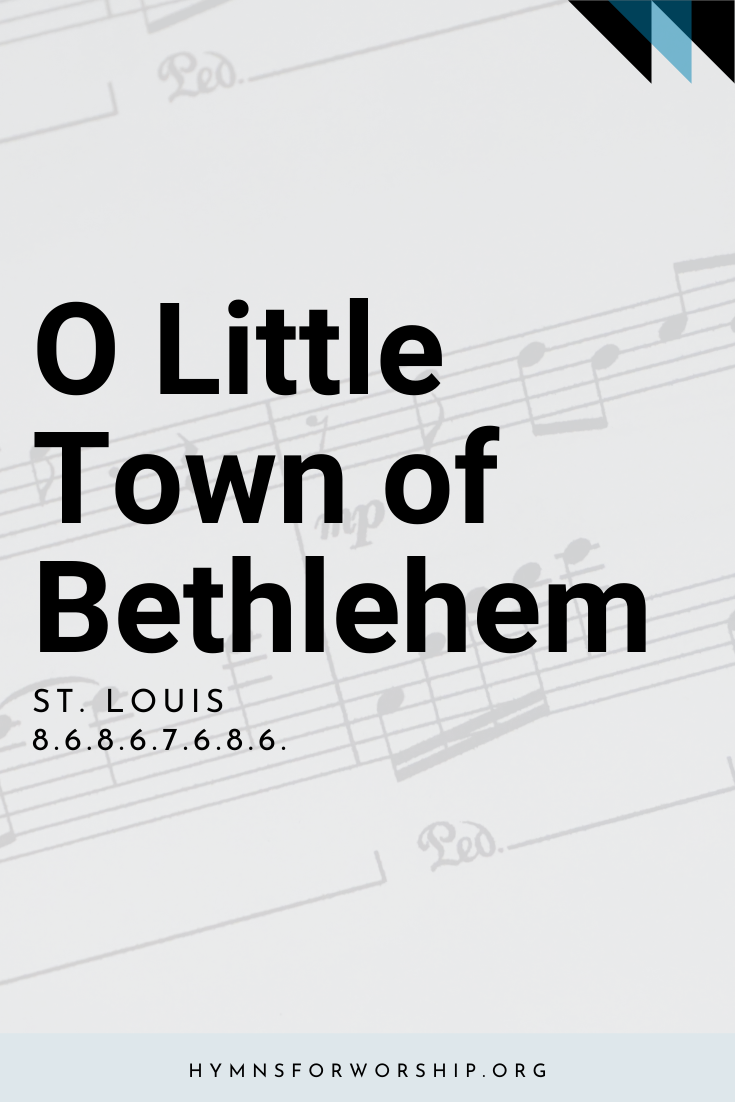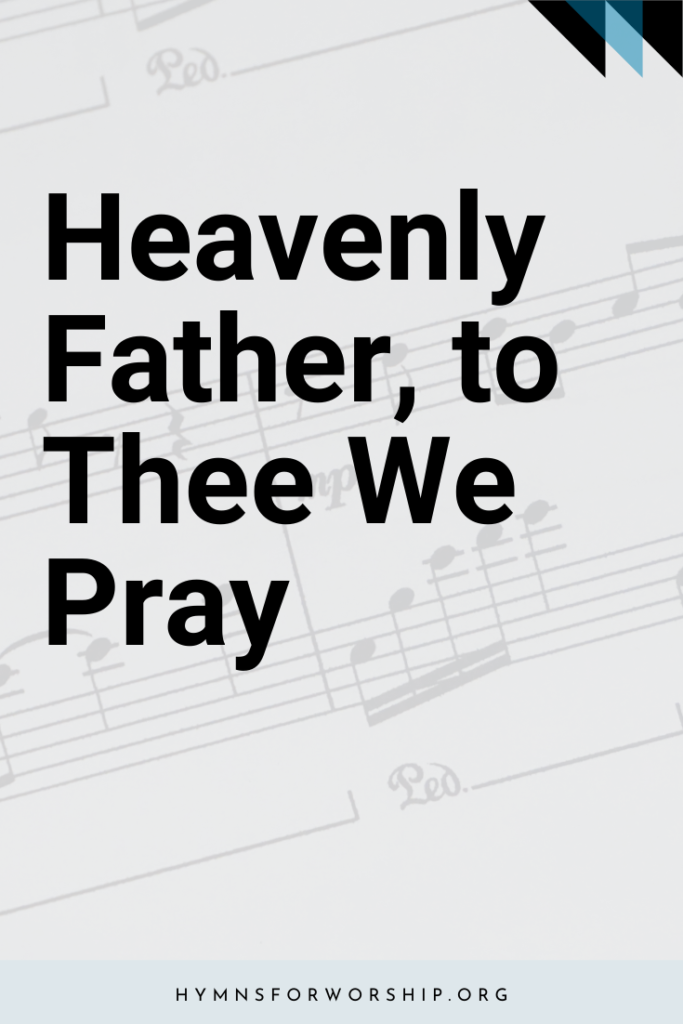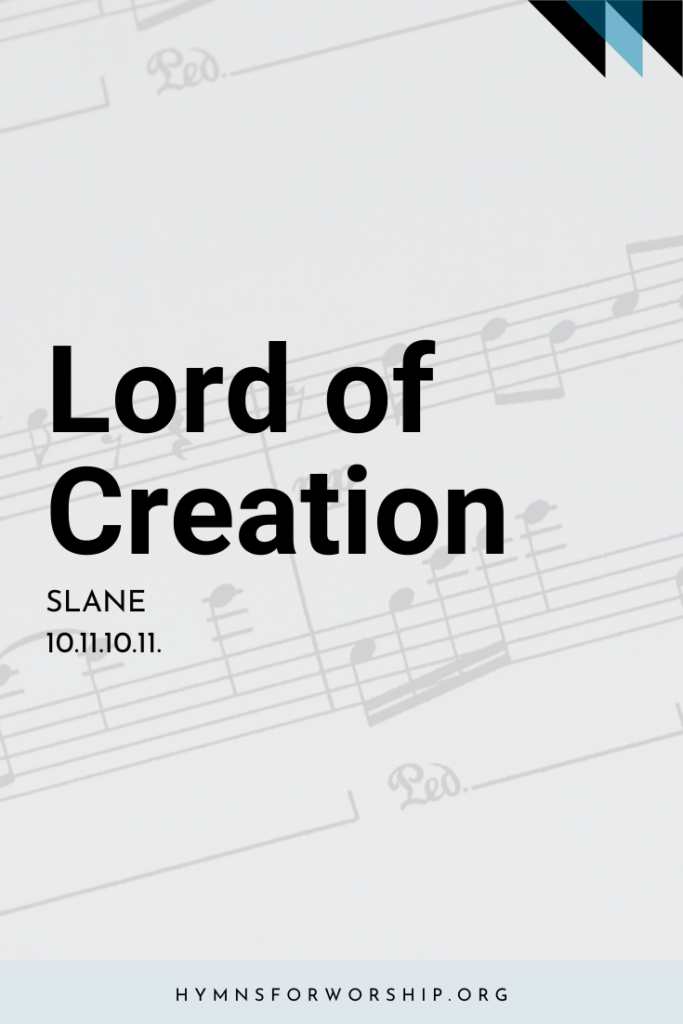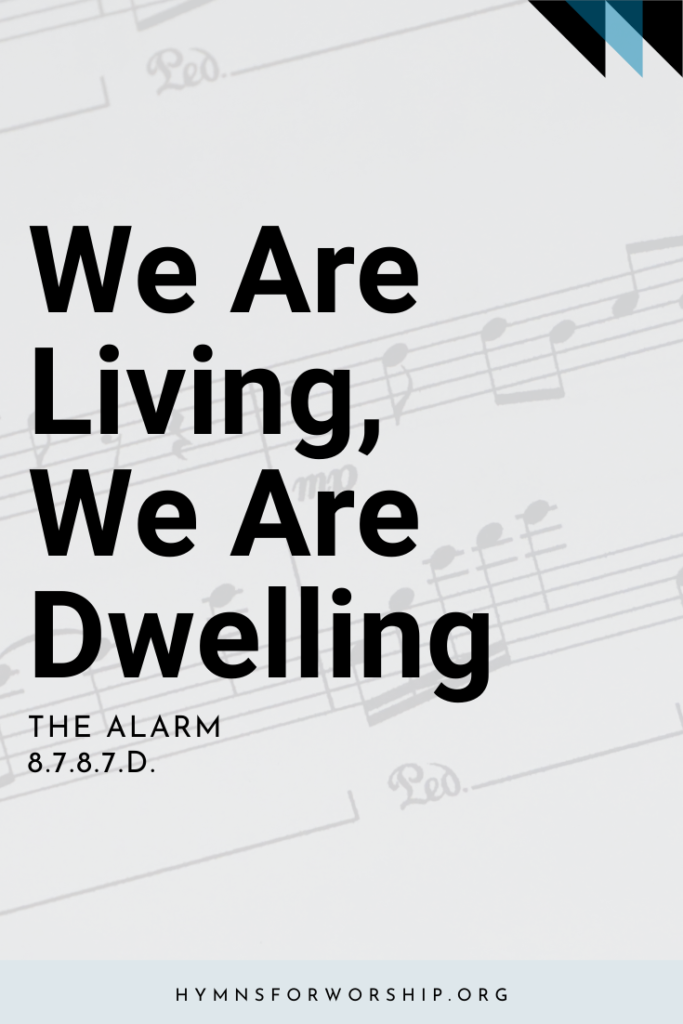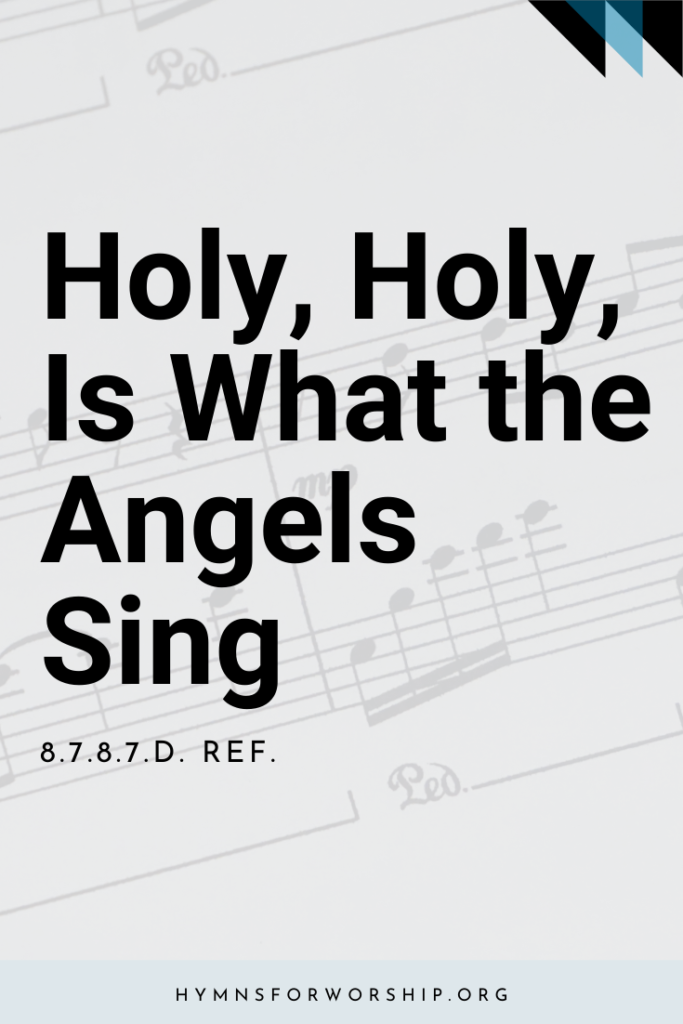JESUS CHRIST >> Birth
SDAH 135
O little town of Bethlehem, how still we see thee lie!
Above thy deep and dreamless sleep the silent stars go by.
Yet in thy dark streets shineth the everlasting Light;
The hopes and fears of all the years are met in thee tonight.
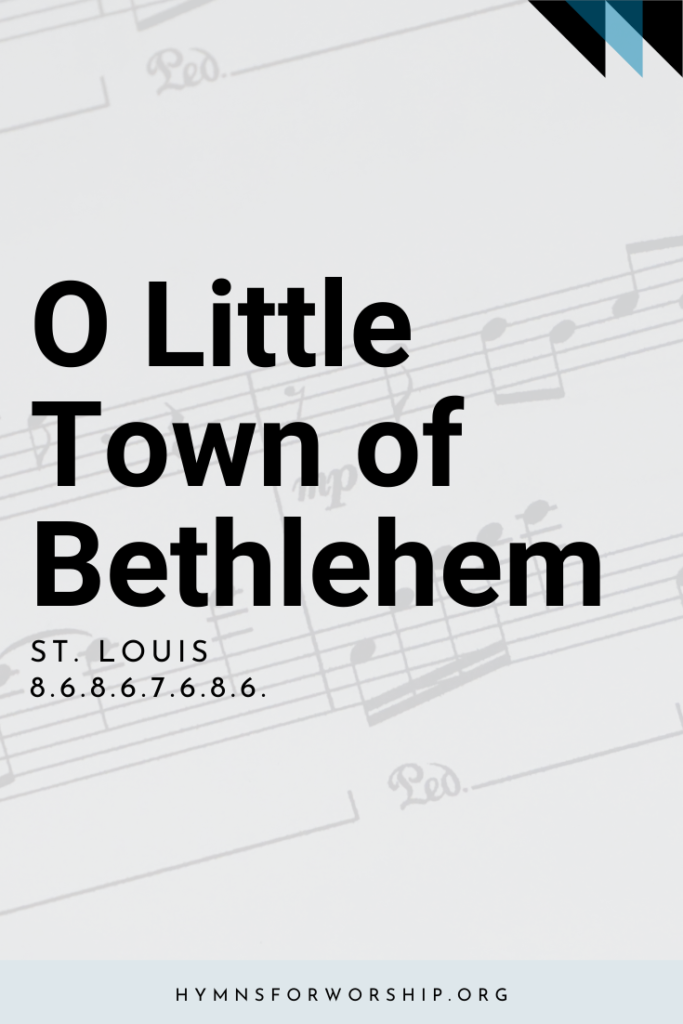

Text
1
O little town of Bethlehem, how still we see thee lie!
Above thy deep and dreamless sleep the silent stars go by.
Yet in thy dark streets shineth the everlasting Light;
The hopes and fears of all the years are met in thee tonight.
2
For Christ is born of Mary, and gathered all above,
While mortals sleep, the angels keep their watch of wondering love.
O morning stars together, proclaim the holy birth,
And praises sing to God the King, and peace to men on earth!
3
How silently, how silently, the wondrous Gift is giv’n;
So God imparts to human hearts the blessings of His heav’n.
No ear may hear His coming, but in this world of sin,
Where meek souls will receive Him still, the dear Christ enters in.
4
O holy Child of Bethlehem, descend to us, we pray;
Cast out our sin, and enter in, be born in us today.
We hear the Christmas angels the great glad tidings tell;
O come to us, abide with us, our Lord Emmanuel!

Hymn Info
Biblical Reference
(a) Luke 2:4 (b) Luke 2:11, 13-14 (c) Ps 149:4 (d) Eph 3:17
Author
Phillips Brooks (1835-1893)
Year Published
1868
Hymn Tune
ST. LOUIS
Metrical Number
8.6.8.6.7.6.8.6.
Composer
L.H. Redner (1831-1908)
Year Composed
1868
Alternate Tune
FOREST GREEN, SDAH 90
Theme
BIRTH OF JESUS CHRIST
Hymn Score
Piano Accompaniment
Notes
Get to know the hymns a little deeper with the SDA Hymnal Companion. Use our song leader’s notes to engage your congregation in singing with understanding. Even better, involve kids in learning this hymn with our homeschooling materials.
Phillips Brooks made a visit to the Holy Land in 1865 and was in Bethlehem on Sunday, December 24. In the evening he went to the spot where, according to tradition, the angel appeared to the shepherds. Then from 10:00 p.m. on Christmas Eve until 3:00 a.m. on Christmas morning, he attended the service in the Church of the Nativity at Bethlehem. The music and the scenes so impressed him that a new carol was faintly formed in his mind. He did not commit it to paper, however, until several years later when he wrote five stanzas especially for his Sunday school.
Brooks was born in Boston on December 13, 1835. He graduated from Harvard in 1855, returning for a brief, unsuccessful period to the Boston Latin School where he had been a pupil. He then studied at the Theological Seminary in Alexandria, Virginia, and was ordained in the Episcopal Church in 1859. He became rector of the Church of the Advent in Philadelphia, where his preaching was so effective that he was called to Trinity Church in the same city. He remained there until 1869. He then accepted a call to Holy Trinity Church in Boston, where he ministered until 1891, when he became bishop of Massachusetts. He died on January 23, 1893, at Boston. Brooks was a powerful preacher; his lectures on preaching were widely circulated both in the United States and Great Britain, as were also his published sermons. The University of Oxford granted him an honorary D.D. degree in 1885.
Brooks gave his poem to Lewis Henry Redner, his church organist at Holy Trinity Church in Philadelphia. Redner had previously asked his pastor to write a text, to which he would provide a tune. On Christmas Eve he fell asleep, and woke after a few hours with the present tune ringing in his ears. He jotted it down quickly on paper at his bedside, and harmonized it in the morning, ready to be sung in his Sunday school on December 27, 1868. The hymn was first printed in 1874 in The Church Porch, a hymnal for the Sunday school prepared by William R. Huntington, who named the tune ST. LOUIS, using a different spelling of the composer’s name to avoid embarrassment.
Redner was born on December 14, 1831, in Philadelphia. In his teens he entered the real estate business, succeeding so well that soon he owned his own business and became a wealthy man. He always kept his interest in spiritual things and was organist in several churches before serving at Holy Trinity from 1861 to 1864, after which he was superintendent of the Sunday school chapel attached to the church. He died on August 29, 1908, in Atlantic City, where he had gone to recuperate from an illness.

